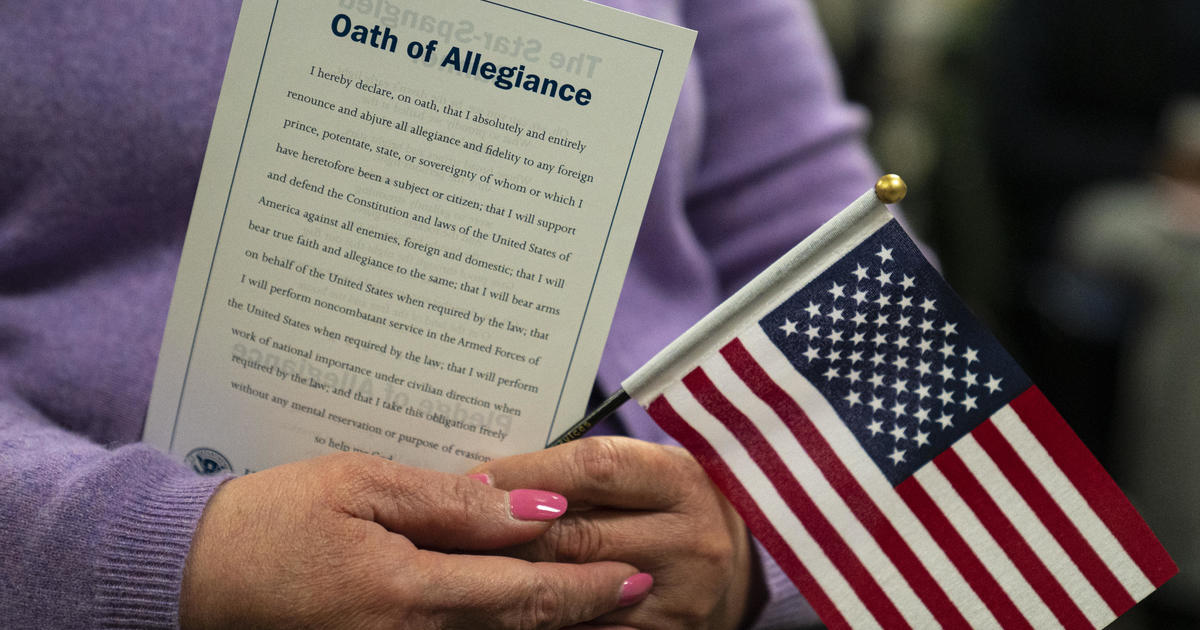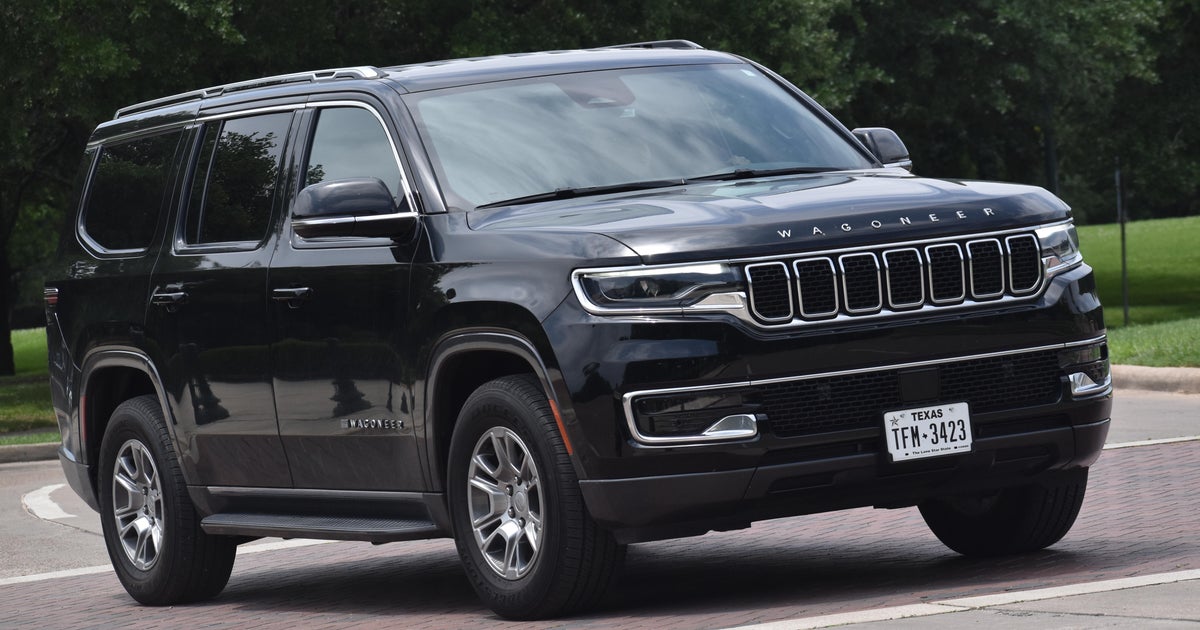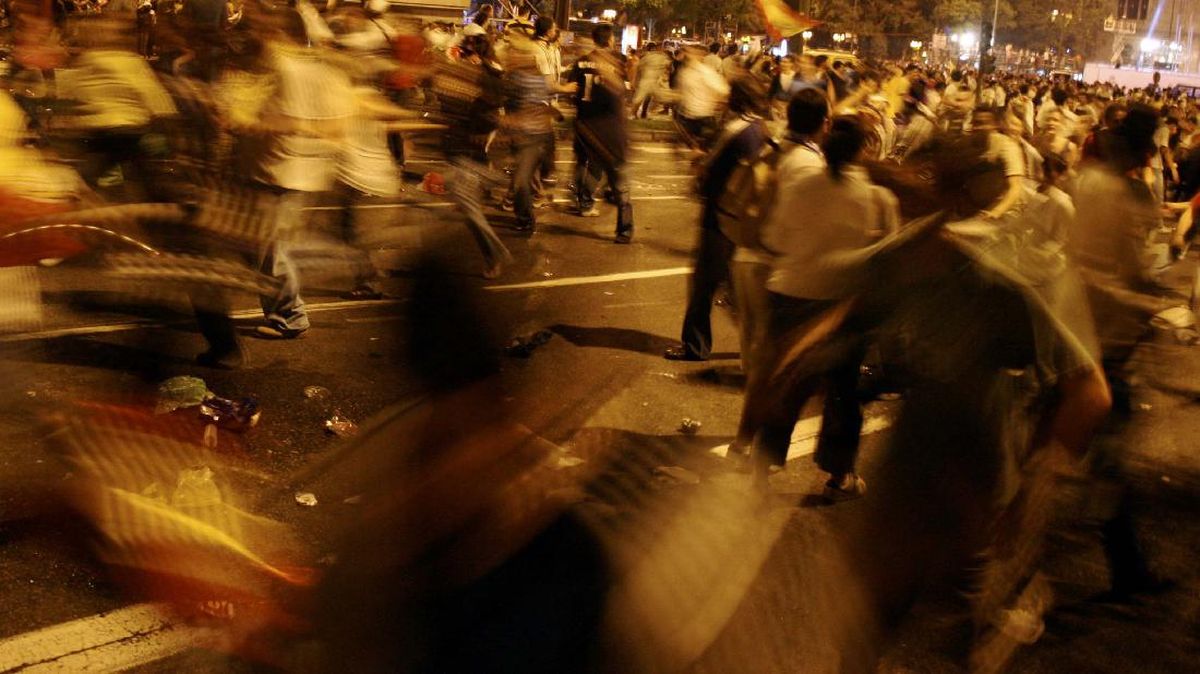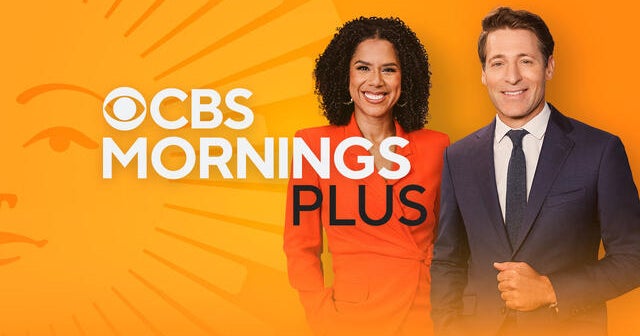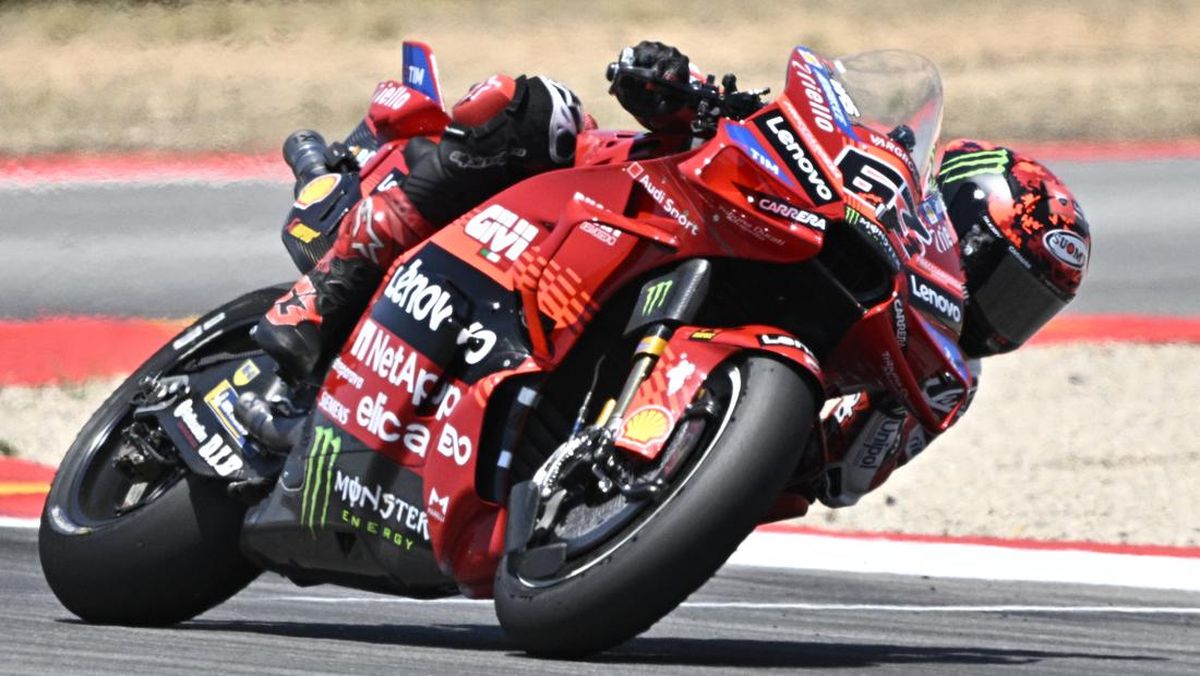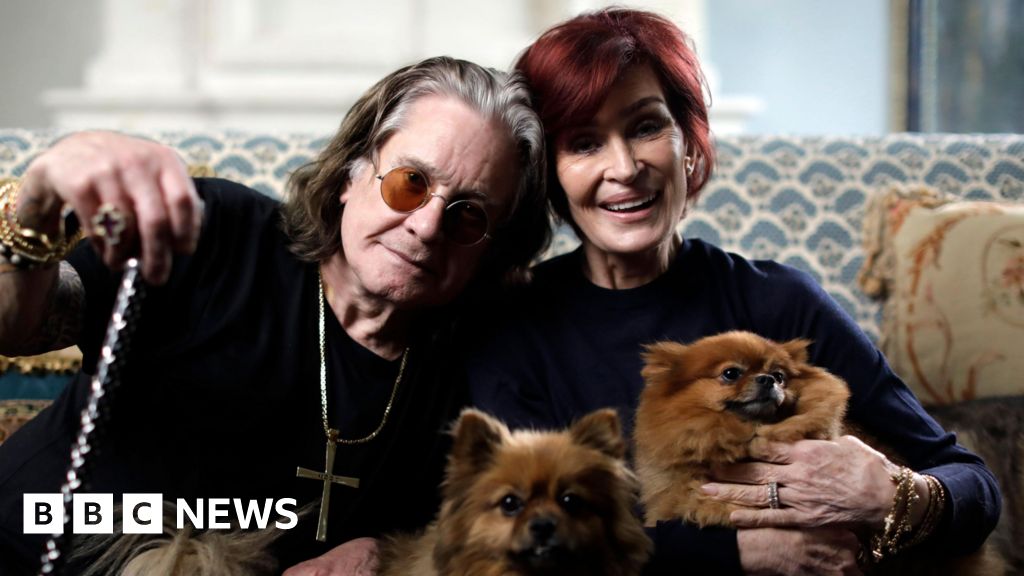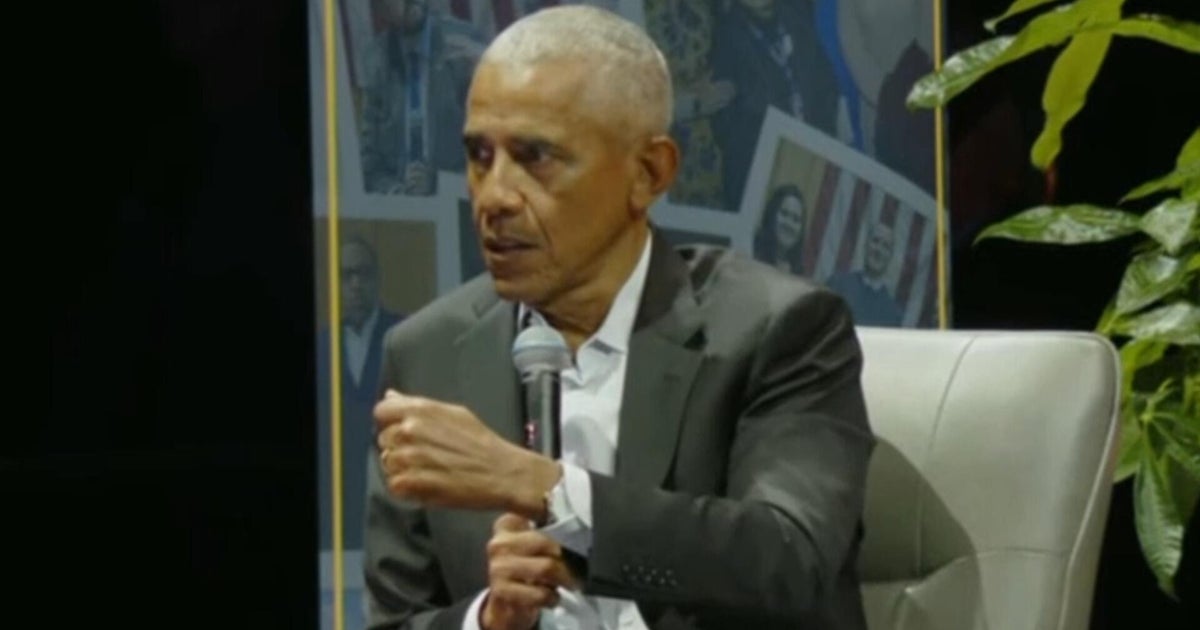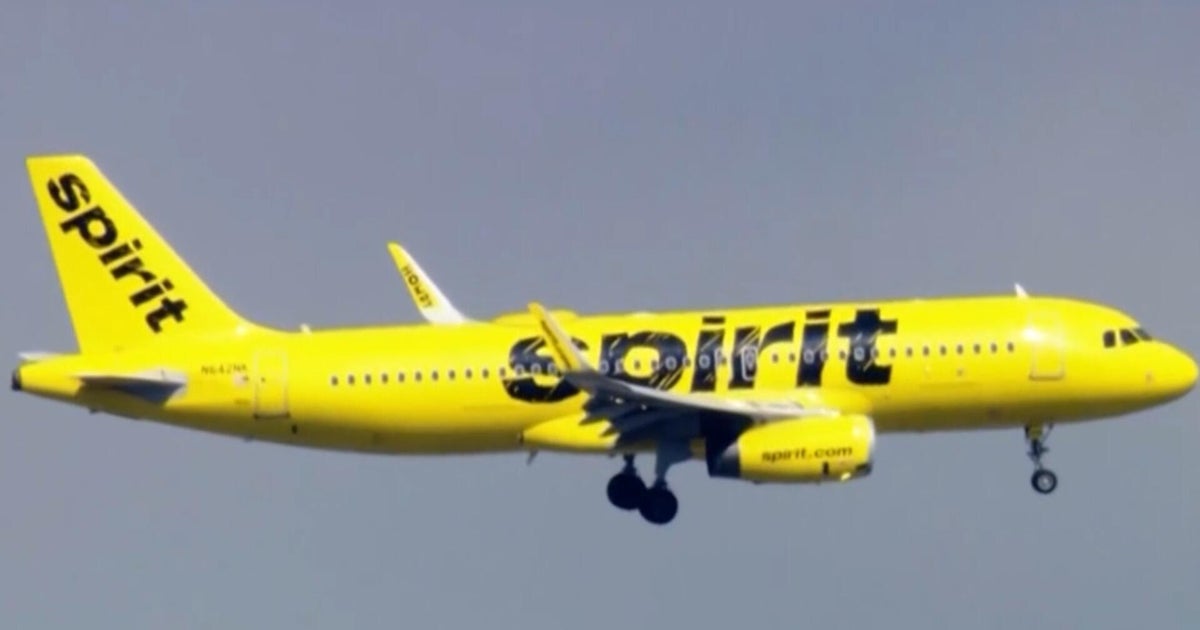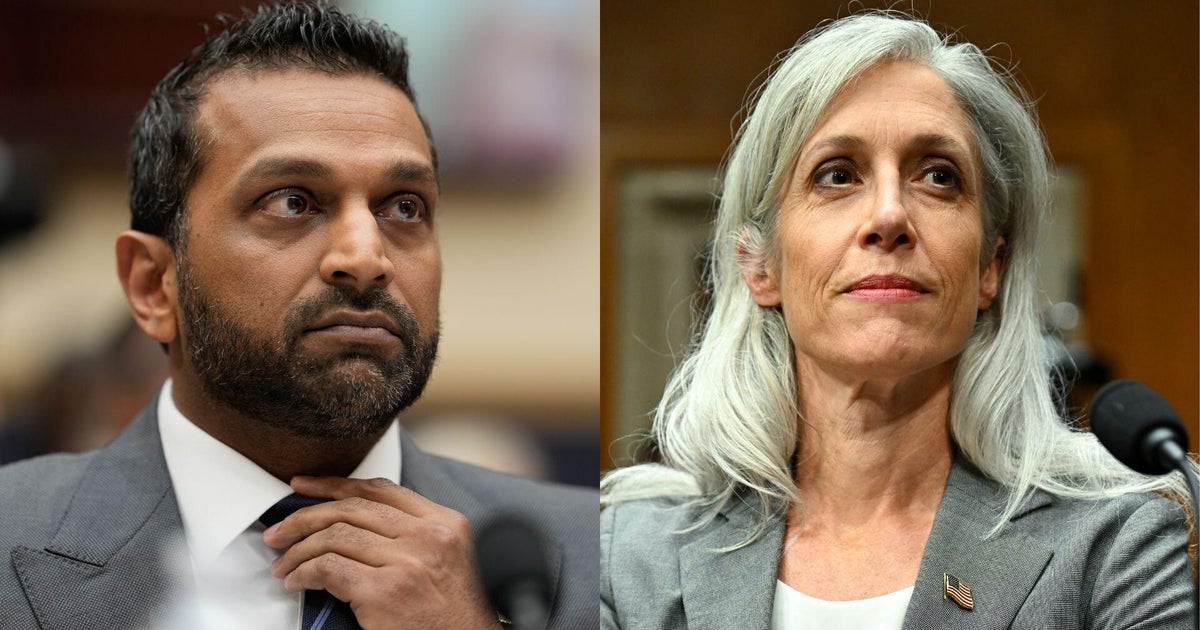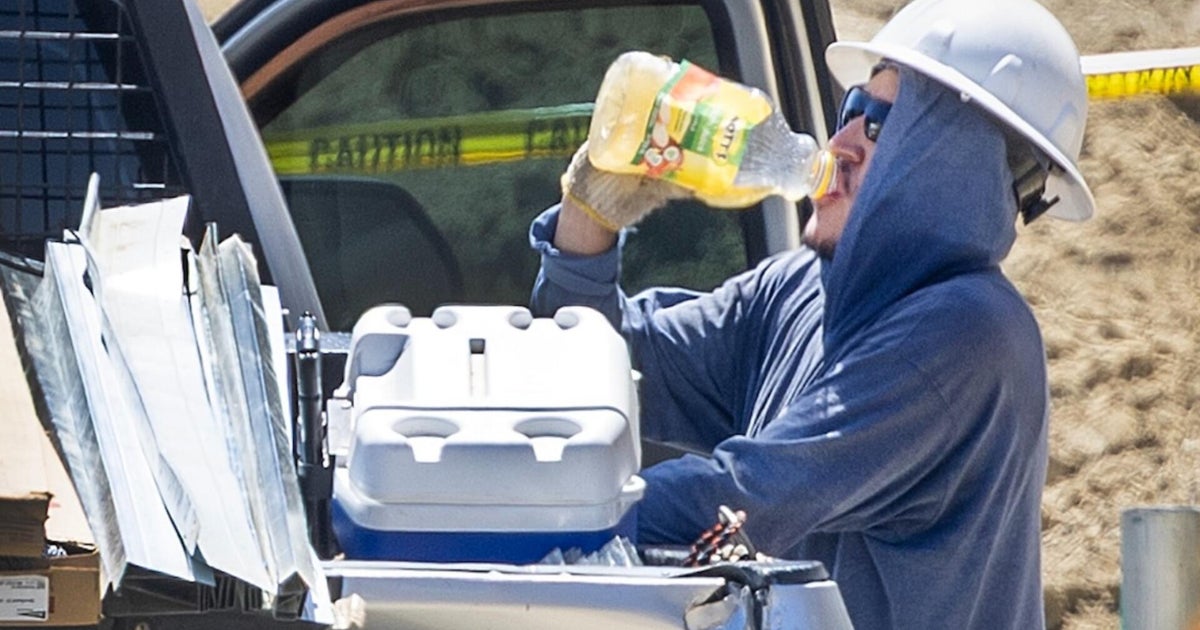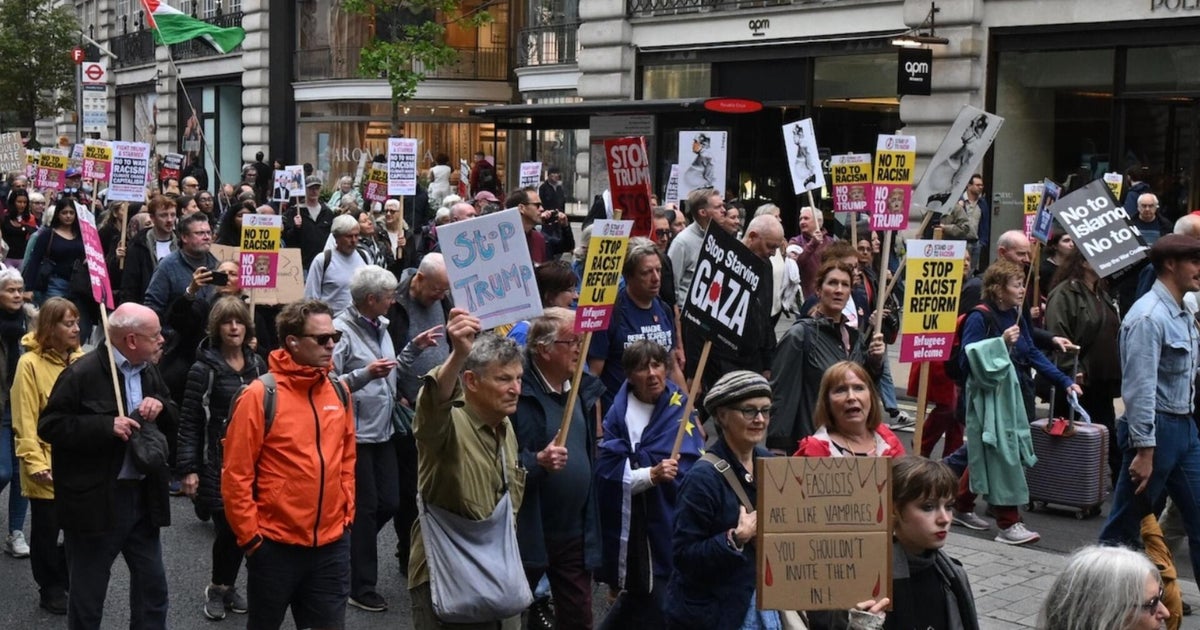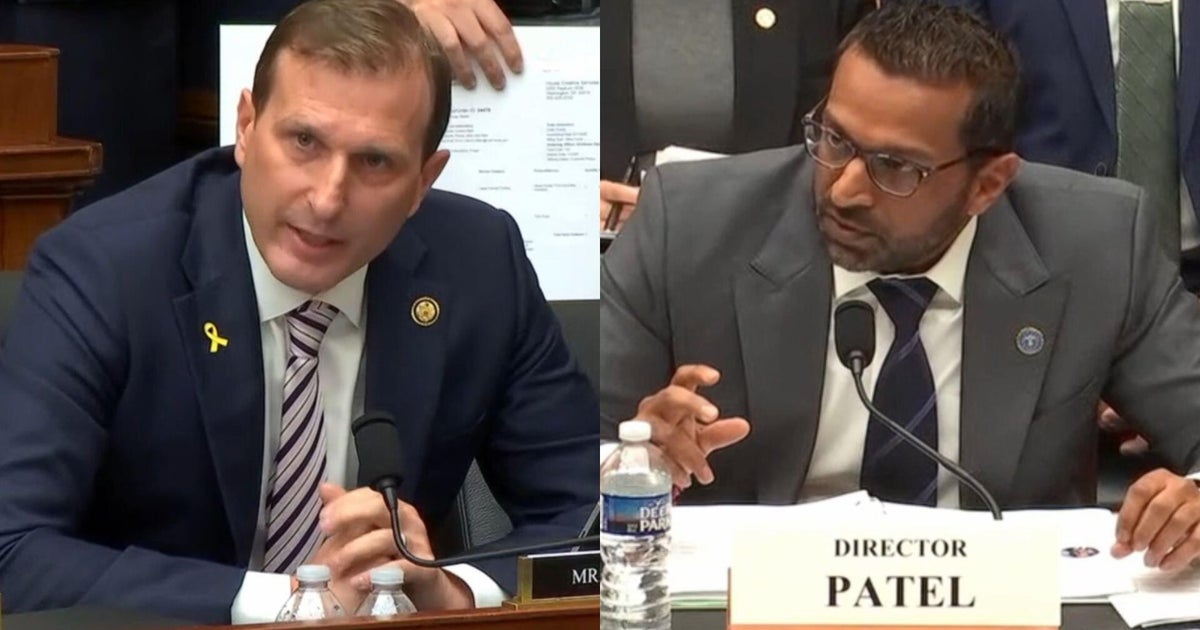Australian pharmaceutical giant CSL is on tariff watch after US President Donald Trump threatened to slug pharmaceutical imports into the US with a 200 per cent impost, two months after asking the US government to carefully consider the consequences of the measure.
CSL is an $117 billion ASX giant and the nation’s biggest player in pharmaceuticals, a sector responsible for about $2.2 billion in exports to the US.

CSL has facilities across the US, including in Holly Springs in North Carolina.Credit: CSL
While CSL is exposed to the hefty tariffs proposed by the Trump administration, analysts said the company was insured by its large overseas operations, including its facilities in the US, and the critical nature of the medicines it makes.
Founded in 1916 as a vaccine manufacturer for the Australian government, CSL makes vaccines (including COVID-19 vaccines), antivenom, and plasma-derived medicines. It still makes products in Australia and exports them, with Morningstar analyst Shane Ponraj saying on Thursday that while there are other healthcare stocks on the Australian sharemarket, the Trump tariffs “will only directly affect CSL.”
However despite the risk, Ponraj said that CSL’s ability to adjust its supply chain, shifting its reliance onto its US facilities, should allow the company to weather the storm if the US government follows through on the tariff threat.
“CSL processes some US products in Australia but has many facilities in the US and some flexibility to adjust supply chains,” Ponraj said.
“While increasing uncertainty near-term, we don’t expect CSL’s earnings are materially affected because tariffs this high are unlikely to persist, and CSL can adopt by onshoring manufacturing.”
In May, in response to the US government’s request for public comments on its investigation into pharmaceutical imports, CSL submitted a seven-page letter opposing the introduction of tariffs.
“Broadly imposing tariffs on the pharmaceutical sector would disrupt and limit US patients’ access to therapies, increase costs for patients and the healthcare system, raise manufacturing costs, and limit company resources that are available for biomedical innovation, capital investments, and jobs in the US,” it read.
The letter, first reported by The Australian Financial Review, asked the US government to consider case-by-case exemptions based on the severity of diseases, availability of treatment options and the impact tariffs would have on domestic prices.
Loading
“CSL understands the Administration’s concern that certain countries may ‘weaponise’ control over pharmaceutical supplies. Therefore, CSL encourages the US government to focus its investigation on these
specific non-allied countries, rather than on all imports of pharmaceuticals.”
A significant part of CSL’s business is based in the US, where it employs 19,000 people in 44 states, making up more than 60 per cent of its total workforce. The company is reliant on its 330 plasma donation centres provided by Americans who are paid to give plasma – a practice that’s illegal in Australia. Its ads to entice new donors in the US offer a $700 monthly reward.
CSL included a longer catalogue of its US facilities in the letter to the US government, adding that it had invested more than $3.1 billion in capital expenditures and created 6450 new jobs in the country, “partially due to growth driven by President Trump’s Tax Cuts and Jobs Act”.
Hugh Dive, chief investment officer at Atlas Funds Management, which holds CSL shares, said the company’s resilience to Trump’s threats is dependent on the company’s presence in the US, which shouldn’t be downplayed.
“A lot of their stuff doesn’t really cross borders,” he said.
Dive added that CSL had another ace up its sleeve: its products are vital to ongoing treatment of patients instead of the consumer discretionary items manufactured by other pharmaceutical companies.
“So it’s not like a bottle of Penfolds wine or an electric vehicle. If you’re immunocompromised (you) need some of their immunotherapies to live … a lot of it is stuff you require to maintain life.”
A spokesperson for CSL said, “We are aware of recent remarks by President Trump about potential tariffs on pharmaceuticals. We will continue to monitor the situation closely.”
CSL shares closed the trading day 0.5 per cent weaker at $242.41.
The Market Recap newsletter is a wrap of the day’s trading. Get it each weekday afternoon.
Most Viewed in Business
Loading



